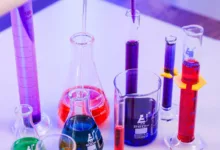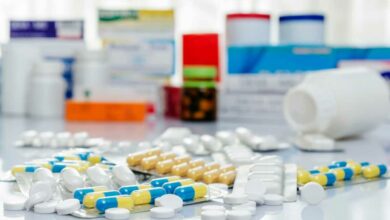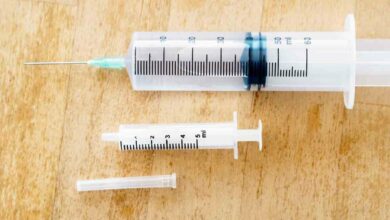Is it ADHD? Signs and Symptoms, and Medication Options for ADHD Treatment

The National Institute of Mental Health (NIMH), 2017 quoted the lifetime prevalence of Attention-deficit /hyperactivity disorder (ADHD) among children at 11 percent. While it is one of the most common childhood disorders, ADHD can continue into the teenage years and well into adulthood. A recent study places ADHD prevalence in adults in the USA at an estimated 5 percent.
ADHD is a neurodevelopmental disorder that affects the part of the brain that helps with planning, focus, and task execution. Because the brain’s executive functions are impaired, people with ADHD, both children and adults have trouble controlling their impulses, focusing, and staying organized.
Signs and Symptoms of ADHD
The symptoms of ADHD vary by subtype, that is, hyperactive, inattentive, or combined. These symptoms also vary among individuals and are as follows
- Poor impulse control
- Inattention
- Hyperactivity
- Lack of focus
- Hyper focus
ADHD Treatment
There is currently no cure for ADHD. ADHD treatment focuses on managing the symptoms of the disorder allowing you to live a fulfilling life, focusing in school and work and building good relationships.
Also Read: 6 Tips To Maintain Good Health
An accurate diagnosis is the first step before going on to ADHD treatment. A qualified doctor will assess a patient’s symptoms against the criteria outlined in the Diagnostic and Statistical Manual of Mental Disorders ,5th Edition(DSM-5)
The American Academy of Pediatrics (AAP) recommends behavior management as the first line of ADHD treatment for children aged below 6 years. Kids older than 6 years can benefit from a combination of both behavior therapy and medication. Medication is the first treatment course recommended for adults with ADHD. Cognitive-behavioral therapy (CBT) and other psychological therapies help in managing adult ADHD.
Successful ADHD treatment involves monitoring if and how much a chosen treatment course is proving effective and making changes to the treatment plan.
Medication for ADHD Treatment
There are two main types of medications used for ADHD treatment
1. Stimulants
These are the most widely known among medications used for treating ADHD in both kids and adults. There is plenty of research backing up the effectiveness of stimulants for ADHD and these medications have an impressive track record, working for 70-80 percent of ADHD patients.
It is believed that stimulants work by increasing the levels of dopamine in the brain. This particular neurotransmitter is associated with several functions and emotions including attention, pleasure, motivation and movement. Stimulants improve concentration and focus while reducing impulsive behavior and hyperactivity.
Short-acting stimulants must be taken 2-3 times each day, as they peak after a few hours. Extended release, or long-acting stimulants, on the other hand, can last up to 12 hours, and as such, need only be taken once a day.
Some of the most commonly used stimulants for ADHD treatment include Adderall, Dexedrine and Ritalin.
2. Non-Stimulant ADHD Medication
Non-stimulants are often considered in cases where stimulant ADHD medication has proven ineffective for a patient or taking the stimulants has produced undesirable side effects.
In reality, non-stimulants may not work as well as stimulants for ADHD treatment. Additionally, these medications take a while to start acting, so you may have to wait it out for several weeks before you can see the effects.
Among this category of medications, Strattera is the only FDA-approved non-stimulant for ADHD treatment. This medication boosts the norepinephrine levels in the brain and its effects are long-lasting.
Other non-stimulants used in the off-label treatment of ADHD include specific blood pressure medications and atypical antidepressants. Some adults with ADHD also suffer from depression, and for such, the doctor will prescribe specific antidepressants that target multiple brain chemicals or neurotransmitters.
3. Expert Help
A trained professional will correctly diagnose ADHD and recommend a treatment plan. Your doctor will discuss your options. Medications used for ADHD treatment are generally safe, and more so if closely monitored by the professional.












